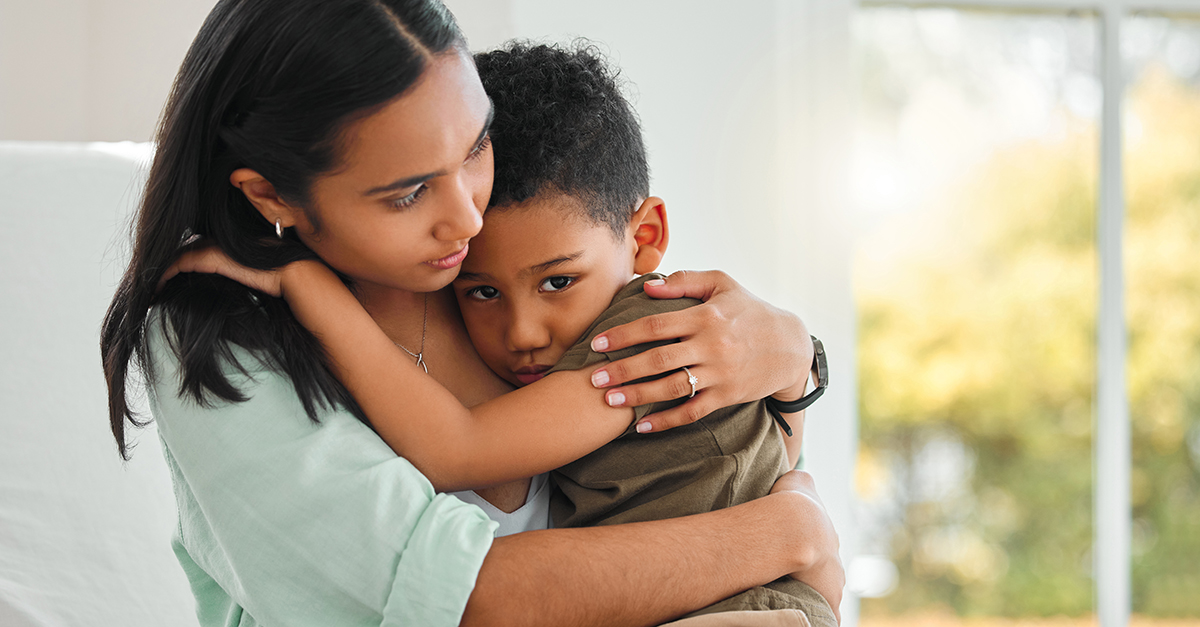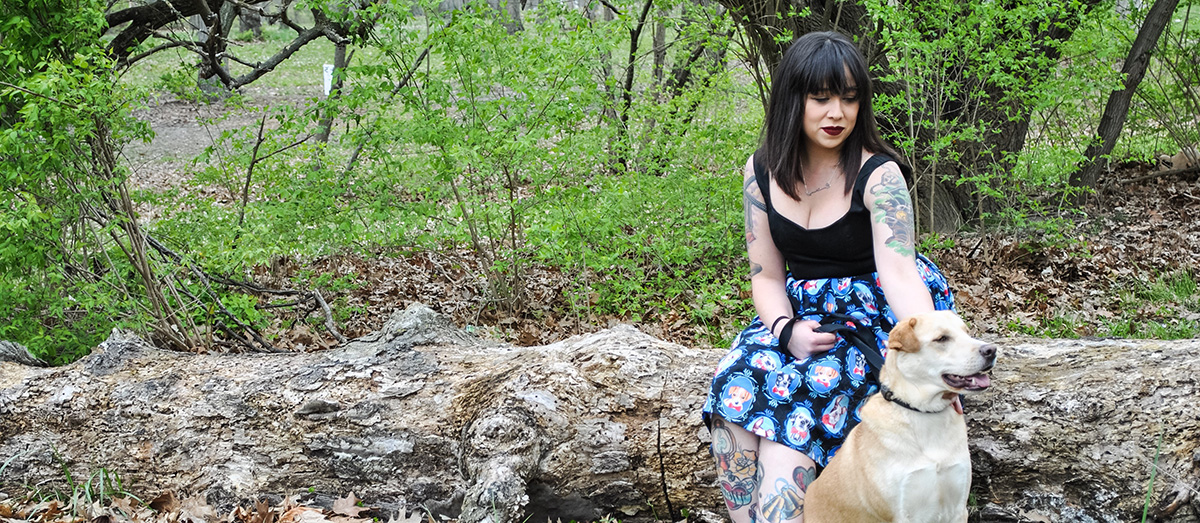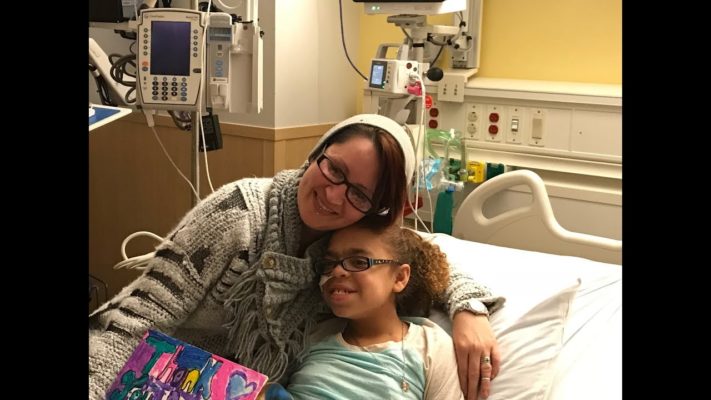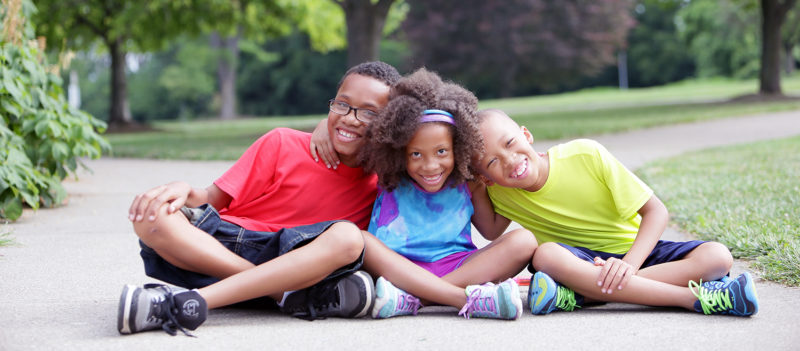When you think about who typically gets kidney stones, you probably picture an older man. But the reality is that while they are more common in adults, there has been a significant increase of kidney stones occurring in children over the last 15 years.
In fact, many parents might be surprised to hear that we are now treating more than 400 kids with kidney stones at Cincinnati Children’s each year, which is double the number from five years ago and triple what we saw 15 years ago. And this upward trend is not an isolated problem in Cincinnati. It is on par with what’s happening on a national and global scale.
Why Are Kids Getting Kidney Stones?
So you’re probably wondering why there’s been such an uptick in the number of kids with kidney stones. It’s a great question, and one to which no one has a definitive answer. We do, however, have some theories. We predict that it’s related to the following risk factors:
- Not drinking enough water
- Eating foods with lots of salt
- Lack of exercise
These risk factors are reflective of an unhealthy lifestyle which is all too common in the United States. Drinking the wrong types of fluids, eating too much salt, and lacking physical activity can all lead to substances forming in the kidney and urine – such as calcium, magnesium, oxalate, and phosphorous.
Symptoms of Kidney Stones
Then those minerals become concentrated and can form into a stone. Depending upon how big it is and how old your child is, the symptoms can vary. Some really young children – even premature babies – have really small kidney stones and are unaware of their existence.
Younger kids may not be able to describe the pain and may simply complain of a belly ache. Adolescents and teens may complain of intense back pain with nausea and vomiting. Sometimes there is blood in the urine, but it’s not always detectable by the naked eye.
I think it’s important to note that some of the kids that we see at the Stone Center initially arrive in the emergency department. Parents see that their children are in intense pain and understandably want them checked out immediately. If you find yourself in this situation, we recommend that your child be screened for kidney stones by an ultrasound instead of a CT scan, that way radiation exposure is minimized. Because there is such a high recurrence rate, many patients will have multiple kidney stones several times a year, it’s important to keep that radiation dose to a minimum.
Preventing Kidney Stones
So what can parents do to help prevent kidney stones? There are three tactics parents can use to prevent kidney stones: make sure their children are drinking enough water; limiting the amount of sodium they’re eating to 2,000 mg per day; and maintaining an active lifestyle. Water intake is a little more specific to your child’s age.
For younger kids, including toddlers:
- Your child should be drinking half the amount of his body weight in ounces daily (for example an 80 lb. child should be drinking at least 40oz. of water per day)
For teenagers:
- Your teen should be drinking 8-10 8oz. glasses of water per day, or 80-100 oz. total
Kidney stones are not a new problem, and have been occurring in humans for a very long time. There is even evidence of their presence in Egyptian mummies!
But what is a more recent phenomenon is the growing epidemic of kidney stones in kids and teens nationally. Because kidney stones are highly likely to reappear after their first occurrence, it is important for your child to be seen by a nephrologist. At our Kidney Stone Center they would also be seen by a urologist, among other specialists, to develop an individualized treatment plan for your child.
Long term, recurrent kidney stones can lead to the deterioration of the kidney and eventually kidney failure, so determining the cause is key. Our team can figure out the root of the problem and talk to you about specific prevention methods to keep it from happening again in the future.
To learn more about our Kidney Stone Center, or to schedule an appointment, please call 513-803-ROCK (7625).






[…] …via Kidney Stones: Not Just An Adult Problem | Cincinnati Children’s Blog […]